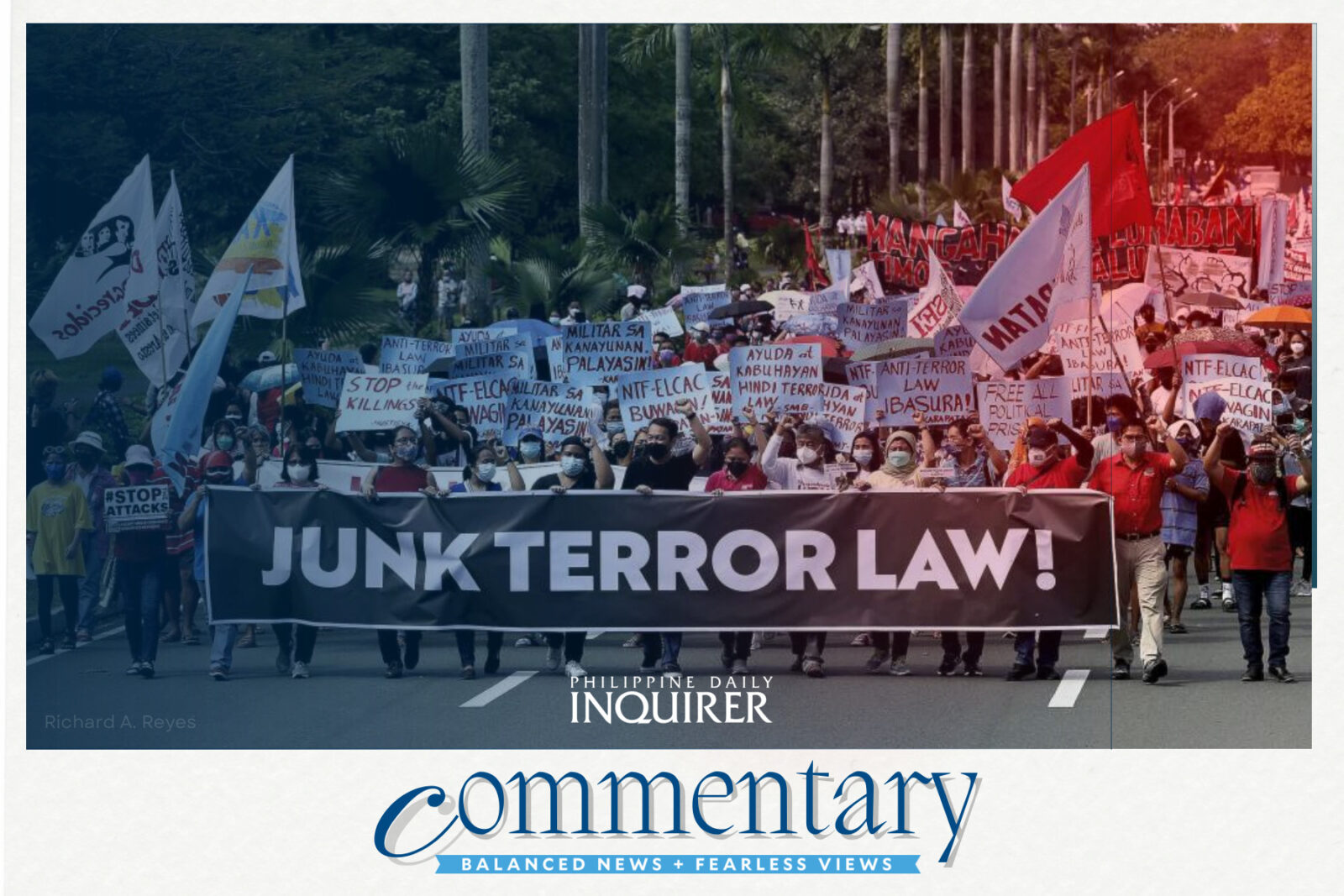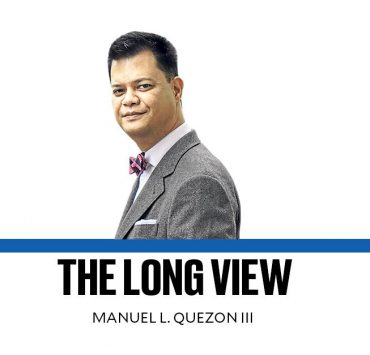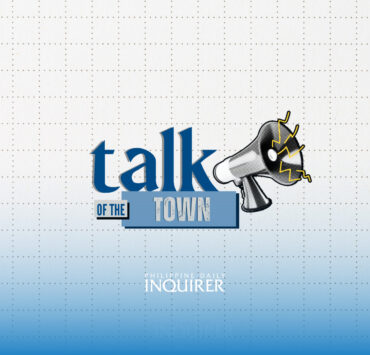The cost of ’wrong mistakes‘

In our country, the poor bear the brunt of every calamity, whether it’s a pandemic or a catastrophic flood. From struggling to put food on the table to scraping together transport fare, the hardships of the poor are unrelenting. In contrast, the rich thrive even in adversity, laughing their way to the bank in good times. It’s no surprise that the gap between the rich and poor has only widened.
For decades, the government has tried to uplift the poor, but progress remains elusive. Real change, however, must start from within the poor themselves. Education remains the most powerful tool to break free from poverty. Betting on the lotto offers a one-in-14-million chance.
Growing up, my family experienced poverty after my father retired from government service. His modest retirement money lasted only a few years. Around the same time, he lost his additional income as a handler of cockfighting. Although his roosters had more wins than losses, his wealthy patrons gradually abandoned the sport, one after another, due to health concerns. Yet, life for the poor then felt less harsh than today. Poverty was simpler. It was mostly about insufficient money for daily needs. Neighbors and relatives were more generous, and issues like vulnerability to abuse, exploitation, and deprivation were less pronounced.
Today, poverty is multidimensional. It’s not just about lack of income but also remoteness, deprivation, and vulnerability. Over time, successive administrations have failed to eradicate extreme poverty due to corruption, incompetence, and the stranglehold of political dynasties. Meanwhile, our Asian neighbors (Taiwan, Malaysia, South Korea, Singapore) have prospered through good governance. And unlike the Philippines, they achieved much of their progress without a long history of working with non-governmental organizations (NGOs).
Poverty underpins nearly all social problems. While it’s true that development isn’t just about money, financial stability is a vital foundation. Those who claim money isn’t important must try giving all their money to Angat Buhay’s Chairperson and President Leni Robredo, who uses resources to aid victims of disasters and lift communities out of despair.
In addition to government initiatives, NGOs have worked tirelessly to address poverty and its adverse effects. These organizations (international, national, and local) follow diverse agendas aligned with the United Nations’ Sustainable Development Goals. Yet, despite their efforts, development’s costs often outweigh the benefits in a global cost-benefit analysis.
Today, however, working with the poor has become more effective. Decades of capacity-building efforts have empowered vulnerable communities to demand accountability from those in power. Many marginalized groups now have the tools to claim ownership of processes, reducing the need for prolonged preparatory work.
Still, development is not only about alleviating poverty but also about fostering decency, justice, and morality. Some people escape poverty only to perpetuate greed and indifference, becoming even more exploitative than those born into wealth.
The Philippines, unfortunately, is at the mercy of its geography. Positioned in the Pacific typhoon belt, it suffers repeated devastation that wipes out hard-earned development gains. We are also in the so-called ring of fire, so once in a while, earthquakes, which are equally destructive, flatten a locality. Yet, even as natural disasters expose our vulnerabilities, another storm looms—our flawed electoral choices.
For years, many Filipinos have succumbed to short-term gratification during elections, exchanging votes for fleeting monetary rewards. These “wrong mistakes” have saddled us with the wrong leaders, whose failures we endure for years. Until we break this cycle, we will continue to suffer under a leadership that prioritizes personal gain over the public good.
Real change demands more than government reforms or NGO efforts. It requires a critical-thinking electorate committed to long-term progress over fleeting rewards. Only then can we hope to transform our society and build a future where the poor are no longer the hardest hit but are empowered to survive and thrive.
—————-
Nono Felix worked for an international NGO as a corporate planning, monitoring, and evaluation manager, covering 13 Asian countries.

















